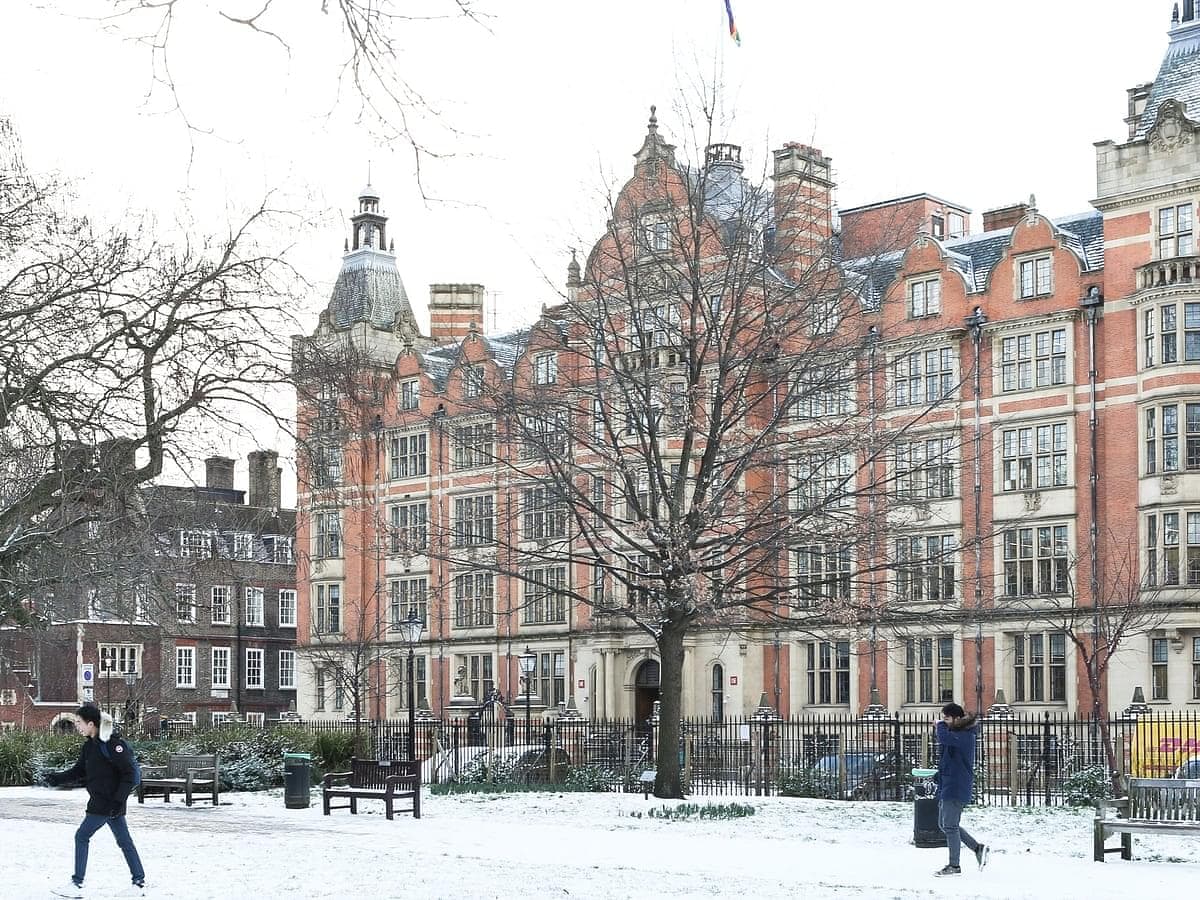BSc Data Science at London School of Economics
London, United Kingdom
- Tuition Fee £ 23,330
- Country Rank-
- Duration36 Months
- Score IELTS: 7 TOEFL: 100
Program Overview
Our BSc Data Science aims to provide a programme of study that combines data science, machine learning, statistics and mathematics. The programme uses a rigorous approach, has a mathematical focus and involves applying data science to the social sciences.
The BSc Data Science will prepare you for further study, or for professional and managerial careers, particularly in areas requiring the application of quantitative skills. The programme also allows you to choose to study a specialist area according to your developing interests and career plans.
As a student on the BSc Data Science you’ll gain practical skills, theoretical knowledge and contextual information that will be excellent preparation quantitative careers in a range of industries. By the end of the programme BSc Data Science students will:Gain extensive first-hand experience of carrying out typical workflows of data analytics.
- Learn about acquiring, querying and understanding the basic properties of data, analysis, how to extract insights from data and how to report the results.
- Be able to use and understand classical and modern data-analytics techniques, statistical machine learning and artificial intelligence techniques.
- Be competent in computer programming in data-analytic contexts.
- Have a broad range of knowledge useful in data-analytic contexts, including topics at an intermediate or advanced level in economics and finance. Depending on your course choices you could also acquire knowledge of advanced topics in mathematics and statistics.
- Be able to think in a critical manner.
- Be skilled in making formal and informal inferences on the basis of statistical data.
- Be able to formulate and develop mathematical arguments in a logical manner.
- Be able to understand, formulate and use quantitative models arising in the social sciences.
- Be skilled in acquiring new understanding and expertise.
- Acquire transferable skills in some or all of: presentations, library and internet research, report writing, information technology (IT) expertise and the use of statistical software.
Cost Of Studying At London School of Economics
Interest rates as low as 8.9% *
250K+
Students Assisted
800Cr+
Loan Amount Disbursed
5000+
Loans Sanctioned
